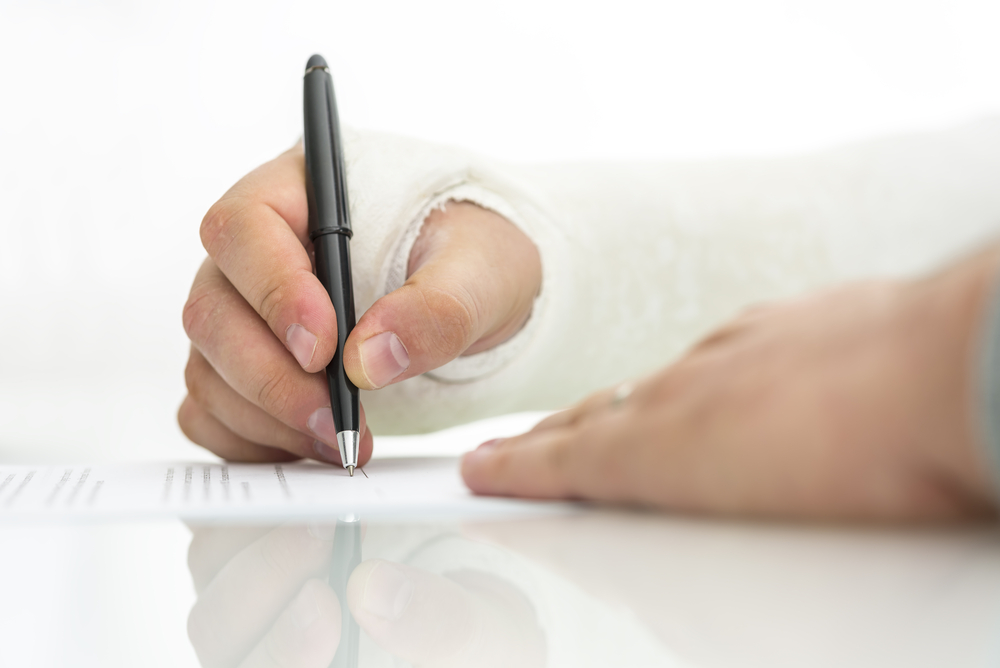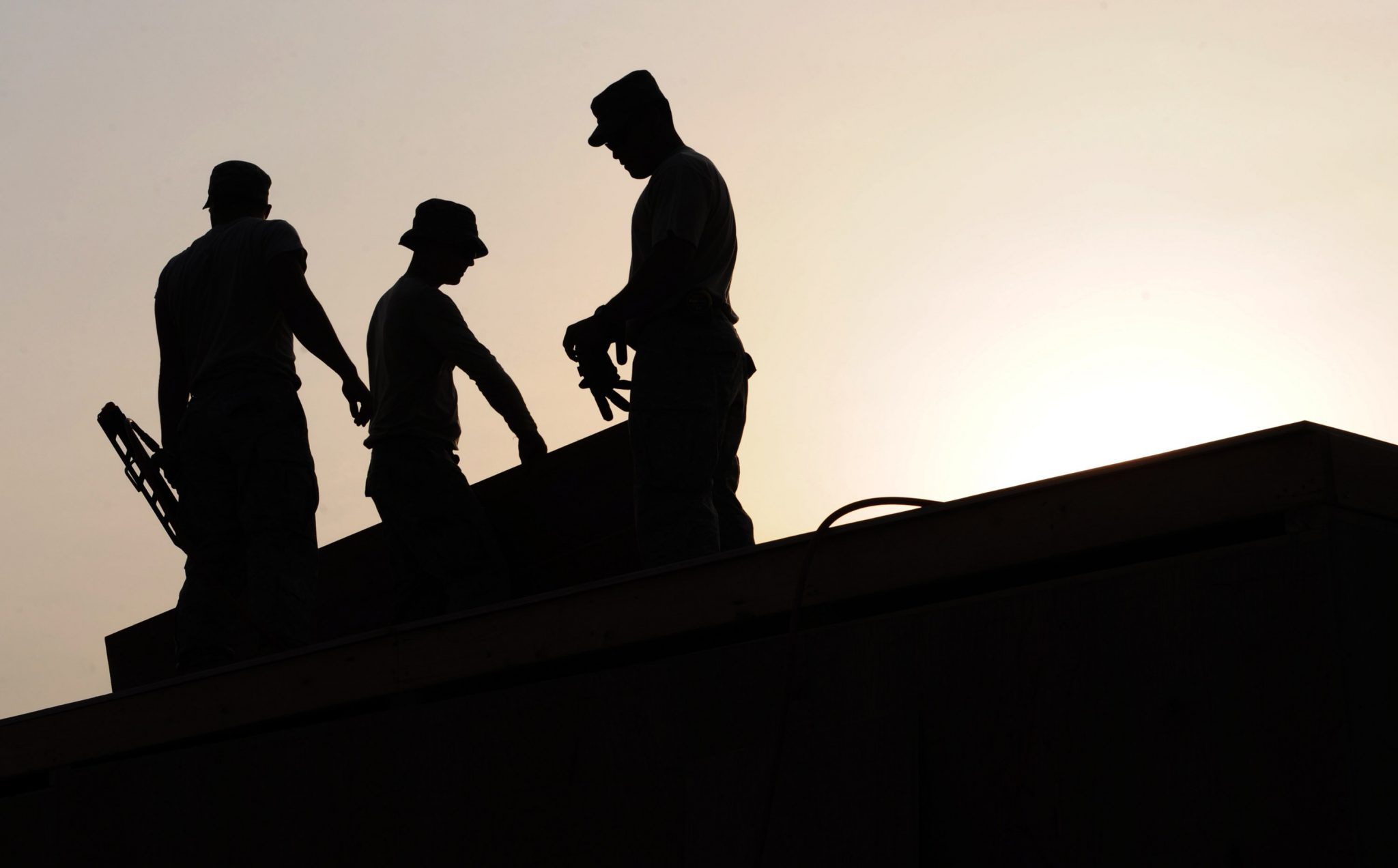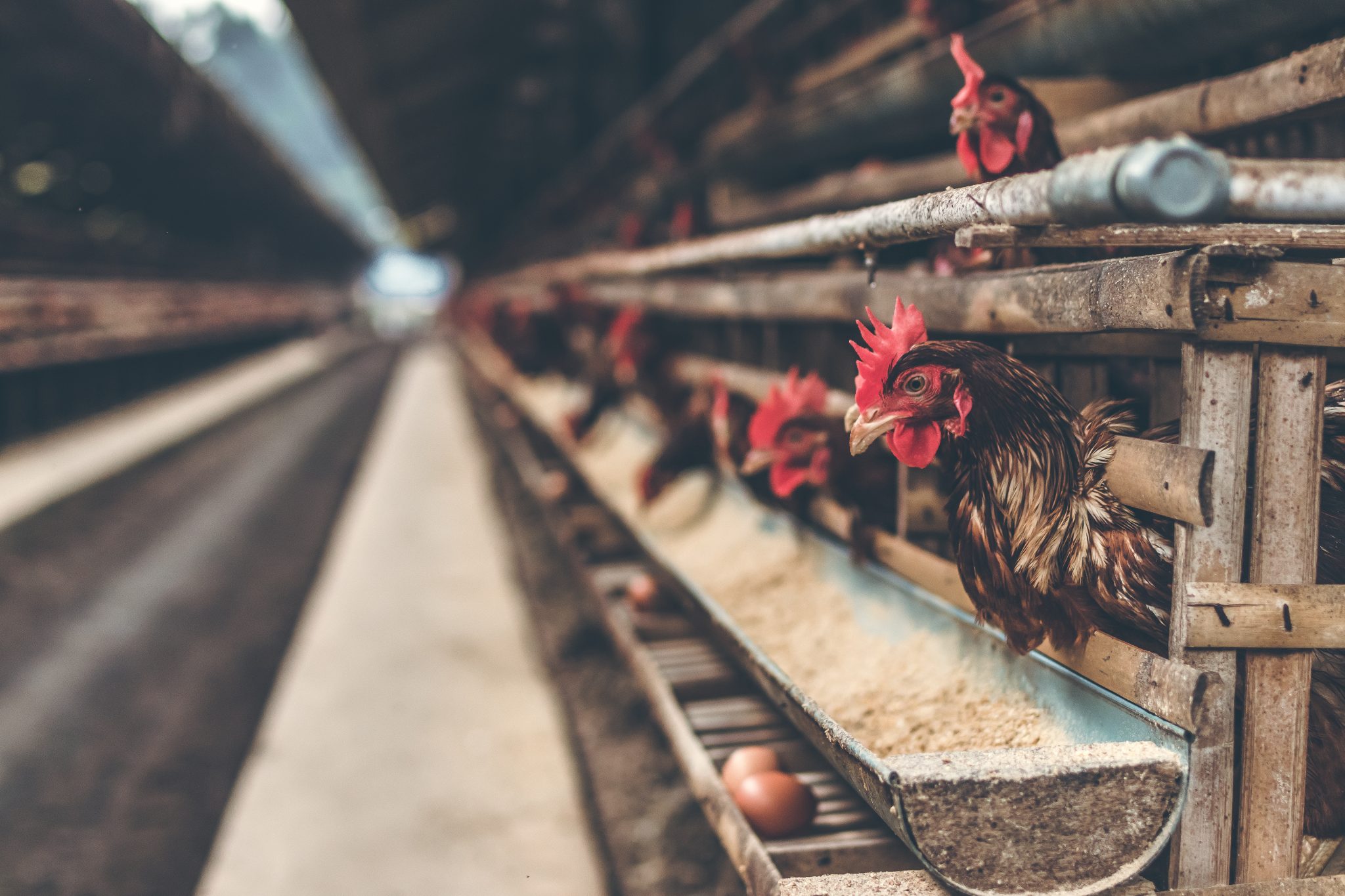
The Risk and Reward of Workers’ Compensation Claims
October 26, 2018
Can You Be Fired for Filing a Workers’ Compensation Claim?
January 18, 2019What to Do If Your Business or Farm Was Damaged During a Hurricane

Any hurricane or tropical storm that damages homes is likely damaging businesses and local farms as well. Hurricane Michael, which devastated Florida’s panhandle and southern Georgia in October 2018, nearly leveled the entirety of the city Mexico Beach.
The quaint, quiet vacation town 25 miles south-east of Panama City was known for its mom-and-pop businesses, white beaches and a pace and atmosphere that was more akin to the ‘60s and ‘70s than the 2010s.
The old 20th-century style of the small city was one of the factors that made it so prone to destruction. Many of the businesses and homes in Mexico Beach were built in a time before Florida’s building codes required the reinforcement necessary to weather devastating hurricanes like Michael. Not only was the city right in Hurricane Michael’s crosshairs, but it also lacked the fortification to give it much of a chance for survival.
As a tourist town, Mexico Beach was heavily reliant on the hospitality industry. Virtually no hotel, motel, restaurant or tourist hotspot survived unscathed – if they were left standing at all.
Agricultural businesses in Florida and Georgia weren’t spared the wrath of Hurricane Michael either. By October 21, 2018, the Georgia Department of Agriculture was estimating that farm damages could be as high as $2.8 billion.1
The Florida Department of Agriculture estimated that Michael’s destruction of 3 million acres of timberland would cost the state’s lumber businesses $1.3 billion.
In Alabama and Georgia, Hurricane Michael ravaged cotton and pecan farms, and it claimed the lives or more than two million chickens housed in approximately 100 chicken houses.2
How Can Businesses Owners Get Financial Help After a Hurricane?
The same disaster loan program that provides long-term, low-interest financing to private individuals after a hurricane is also available to business owners. The U.S. Small Business Administration’s (SBA) Disaster Loan Program provides business loans, non-profit organization loans and economic injury loans for businesses, farmers, small agricultural cooperatives and non-profit organizations that suffered physical damage from a hurricane and are located within declared disaster areas.
Businesses who don’t qualify for credit from any private lending institutions may be able to get rates for as low as 3.305 percent. Businesses who can obtain credit elsewhere can get rates as low as 6.61 percent. Non-profits can get these loans for as low as 2.5 percent regardless of their credit eligibility elsewhere.4
Agricultural businesses that suffered significant economic injury due to lost crops, like those affected by Hurricane Michael, can qualify for loans with rates as low as 3.305 percent if they can’t obtain credit from any private institutions. That economic injury loan rate is available for all for-profit businesses. Non-profits may be able to qualify for rates as low as 2.5 percent.
Businesses can receive up to $2 million through the SBA’s Economic Injury Disaster Loans (EIDL).
In addition to having exceptionally low interest, the SBA loans also have generous terms of up to 30 years. Terms are capped at seven years if the business can qualify for financing from an alternative bank or lender.
SBA loans even allow for flexible installment payments that are adjusted based on a business’s ability to pay. This feature is especially helpful for families with farms, livestock or any small business owner who is dealing with a rapid loss in revenue and exorbitantly high rebuild costs in the immediate aftermath of a hurricane.
However, just as with the private SBA disaster loans, they are only available to businesses who are either uninsured or those whose insurance won’t adequately compensate them for their losses. If you do have commercial insurance that covers some of the costs you may still qualify for an SBA loan but the claim proceeds should be used to reduce the total amount you’ll need to borrow.
This SBA program also includes a mortgage refinance option that allows businesses and homeowners to get money for repairs and rebuilding from their existing mortgage.
Other Financial Assistance for Businesses and Farmers After a Hurricane in Florida and Georgia
Farmers and ranchers also have disaster assistance available to them through the U.S. Department of Agriculture’s Farm Service Agency (FSA) and Rural Development (RD).
Ranchers and farmers with outstanding RD loans can apply for a moratorium of up to 180 days if they incurred medical costs or suffered business damages from a hurricane, including a loss of employment. If your income has dropped more than 10 percent due to a hurricane you may even be eligible for payment assistance on your RD loans.
The FSA offers multiple disaster assistance programs to assist farmers and ranchers who have suffered economic damages due to hurricanes as well as other natural disasters, such as droughts, blizzards and wildfires. For hurricane damage, these programs include the:
- Emergency Assistance for Livestock, Honeybees, and Farm-Raised Fish (ELAP)
- Tree Assistance Program (TAP)
- 2017 Wildfires and Hurricanes Indemnity Program (2017 WHIP)
The FSA also offers an emergency loan program specifically intended to help farms, lumber industry businesses and ranchers rebuild their crops and means of production.
Like RD, FSA also offers a deferral program for agricultural businesses who have outstanding FSA loans. The Disaster Set-Aside Program allows producers to move up to a year’s worth of payments for their FSA loan to the end of their term.
There Is Help Available
Dealing with commercial insurance carriers can be difficult in the aftermath of a hectic and stressful disaster. Business policies can be especially complicated, and when the livelihood of your family and employees is on the line you want to make sure to take advantage of all the assistance available to you. If you feel as if your insurance company isn’t offering you a fair claim settlement, it may be in your best interest to contact an independent claims adjuster or a property damage attorney

